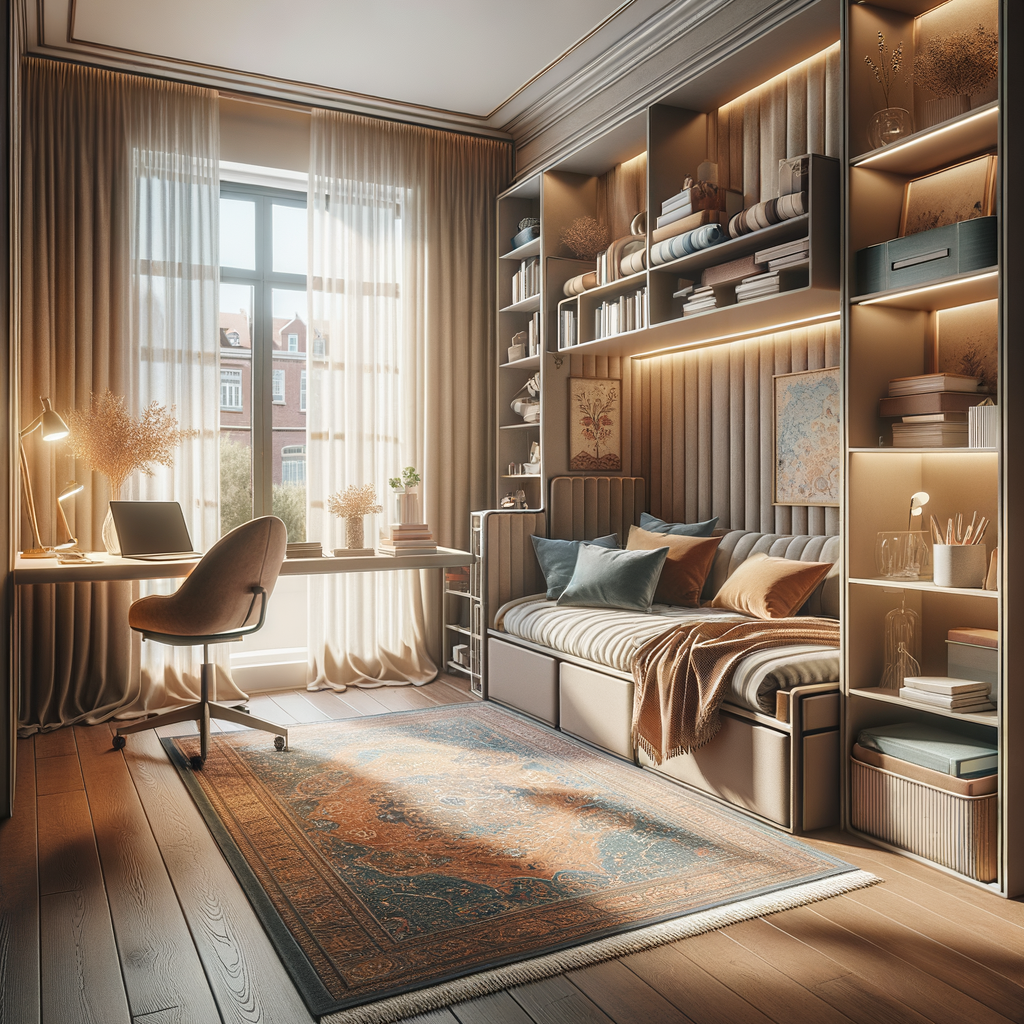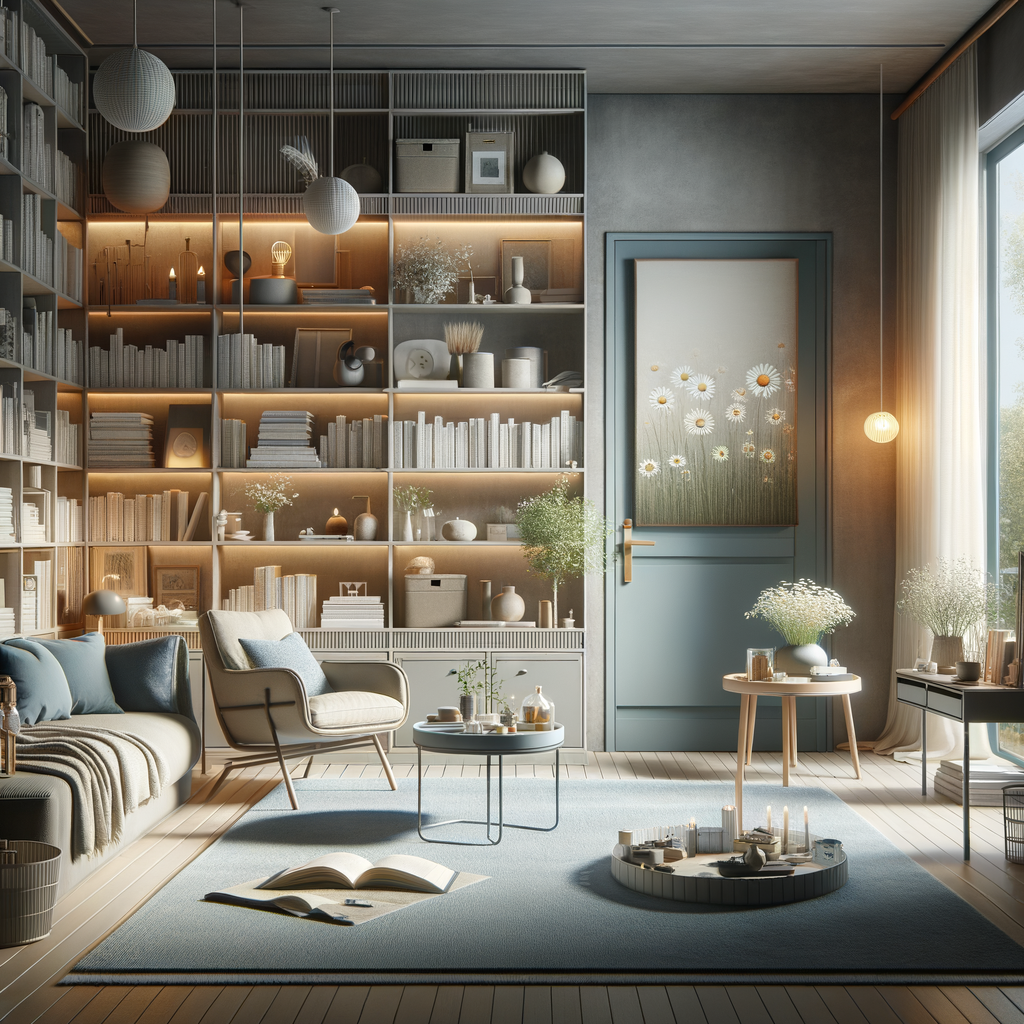Creating a Calming Environment at Home
In an increasingly frenetic world, the necessity for a peaceful sanctuary within our homes has never been more significant. A calm environment not only enhances the aesthetic appeal of a space but also plays a crucial role in promoting mental well-being. This blog post will guide you through essential strategies for creating a tranquil haven that nurtures relaxation and mindfulness.
Understanding the Impact of Environment on Mental Health
Numerous studies have shown a strong connection between our surroundings and our mental state. A cluttered or chaotic environment can lead to stress and anxiety, while a serene, well-organized space fosters a sense of calm. Here are some insights:
- Clutter: It can create feelings of overwhelming and can distract from essential tasks, leading to increased stress.
- Light: Natural light enhances mood and aids in regulating sleep patterns.
- Colour: Colours like blue and green are associated with tranquillity, while vibrant colours may stimulate energy and creativity.
Key Elements of a Calming Home Environment
1. Declutter and Organize
A clutter-free space is fundamental to achieving a peaceful atmosphere. Here are a few tips for effective decluttering:
- Start small: Tackle one room or area at a time to prevent feeling overwhelmed.
- Categorize items: Decide whether to keep, donate, or discard items based on their utility and significance.
- Establish storage solutions: Invest in storage bins, shelves, and organizers to maintain order.
2. Choose Calming Colours and Textures
The colour palette of a room can significantly influence mood. Consider the following:
- Soft neutrals: Beige, soft grey, and pastels can create a relaxing atmosphere.
- Natural materials: Materials like wood and cotton can contribute to a soothing environment.
- Conclusion: Pair textures to add depth — for example, a soft wool throw over a cotton bedspread can create warmth and comfort.
3. Enhance Sensory Experiences
Engaging the senses can bolster a tranquil environment. Consider the following sensory elements:
- Aromatherapy: Utilize essential oils or scented candles with calming scents like lavender or chamomile.
- Sound: Incorporate soft background music or nature sounds to drown out disruptive noises.
- Sight: Decorate with peaceful imagery, such as landscapes or minimalist prints.
Creating Personal Spaces for Relaxation
1. Designate Relaxation Areas
Identify areas within your home dedicated to relaxation. This could be a cozy reading nook or a meditation corner. Equip these spaces with:
- Comfortable seating: Choose a chair or cushion that invites you to sit down and unwind.
- Natural elements: Incorporate plants or flowers to cultivate a connection with nature.
- Personal touches: Decorate with items that bring joy and comfort, such as photographs or cherished books.
2. Implement Mindfulness Practices
Incorporate mindfulness practices into your daily routine to enhance the calming atmosphere:
- Meditation: Reserve a few minutes each day for meditation or deep-breathing exercises.
- Mindful décor: Choose décor items that bring intentional joy rather than mere decoration.
- Gratitude journaling: Reflect on and document what you are grateful for to foster positivity.
Conclusion
Creating a calming environment at home is not merely a matter of aesthetic preference; it is essential for our mental and emotional well-being. By implementing these strategies — from decluttering and organizing to enhancing sensory experiences — you can cultivate a space that promotes relaxation and peace. Begin your journey today to transform your home into the safe haven you deserve.
There you have it… See what works for you…
Campbell M Gold
To Create Health, Wealth, Success, and Longevity through the Power of Your Subconscious Mind, Visit: Campbell M Gold.com
Visit The Store and see what else can be of help
Blog Index


